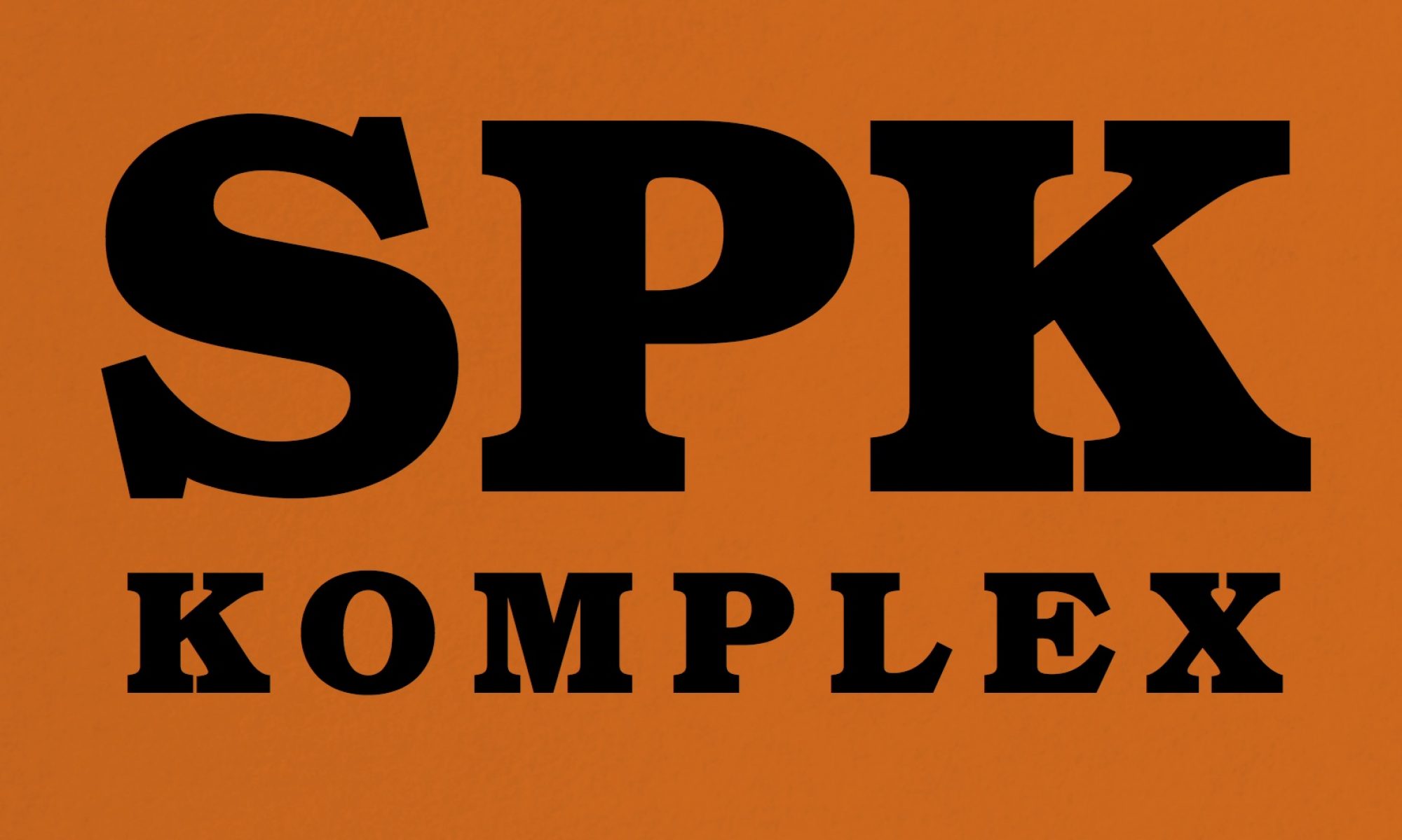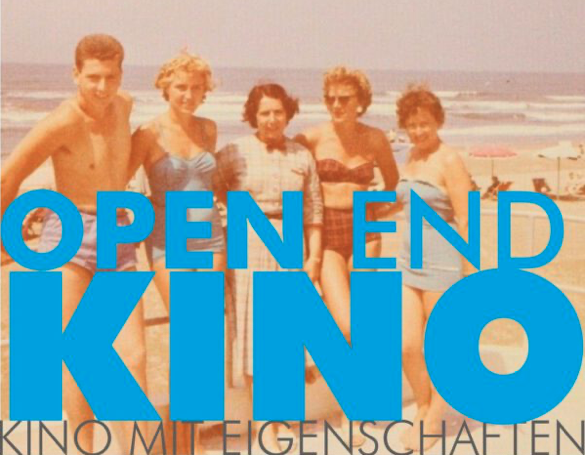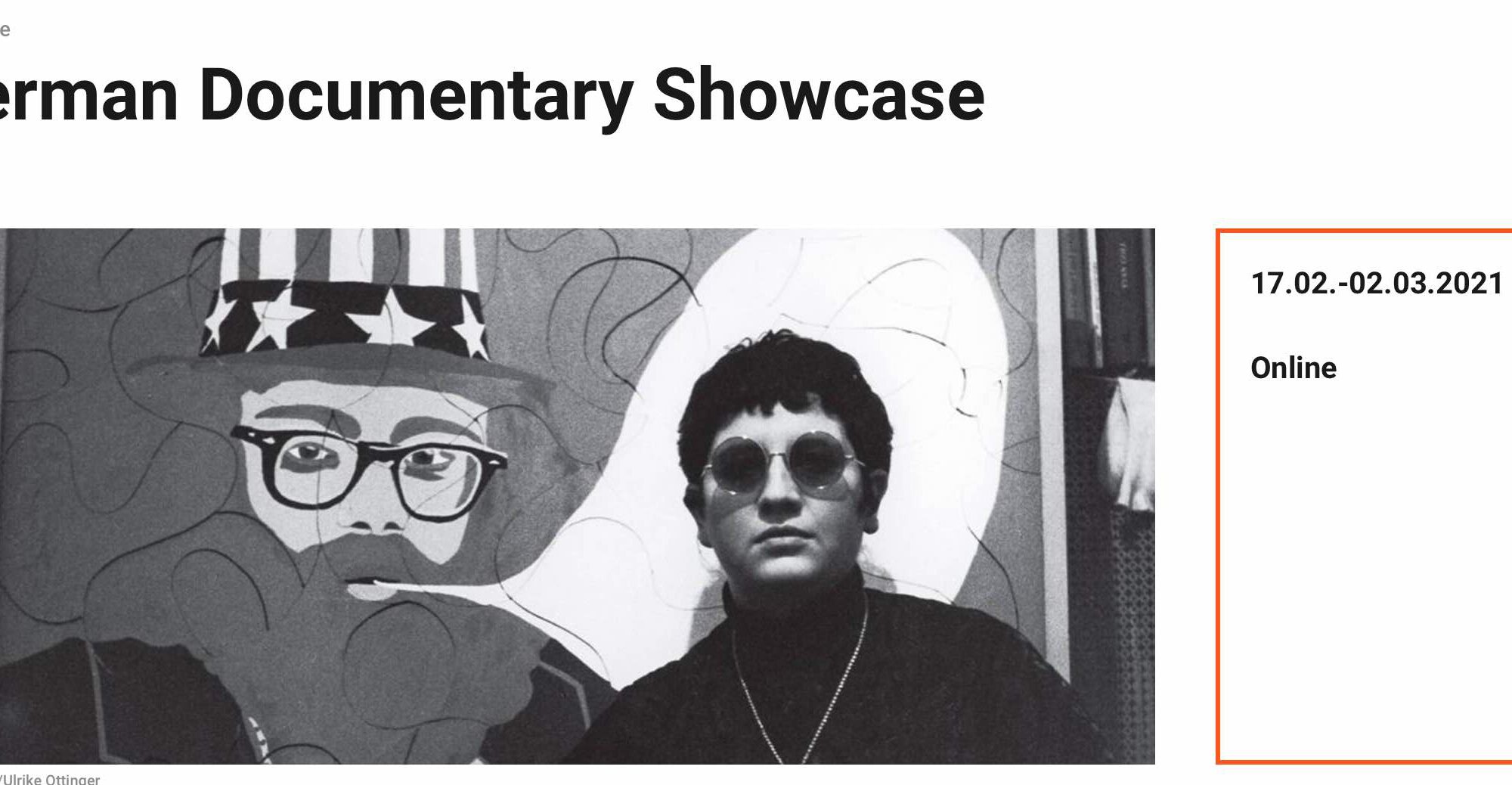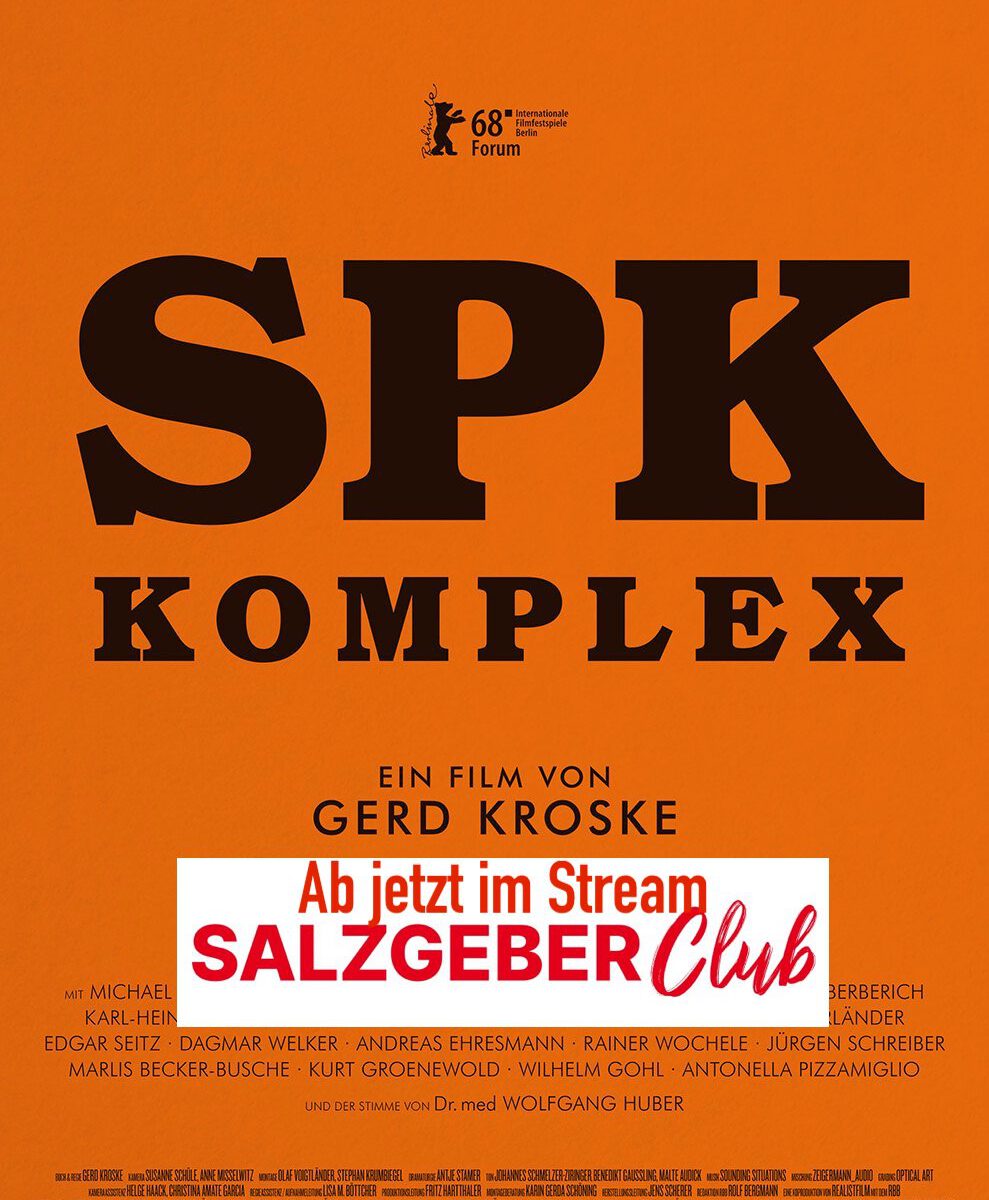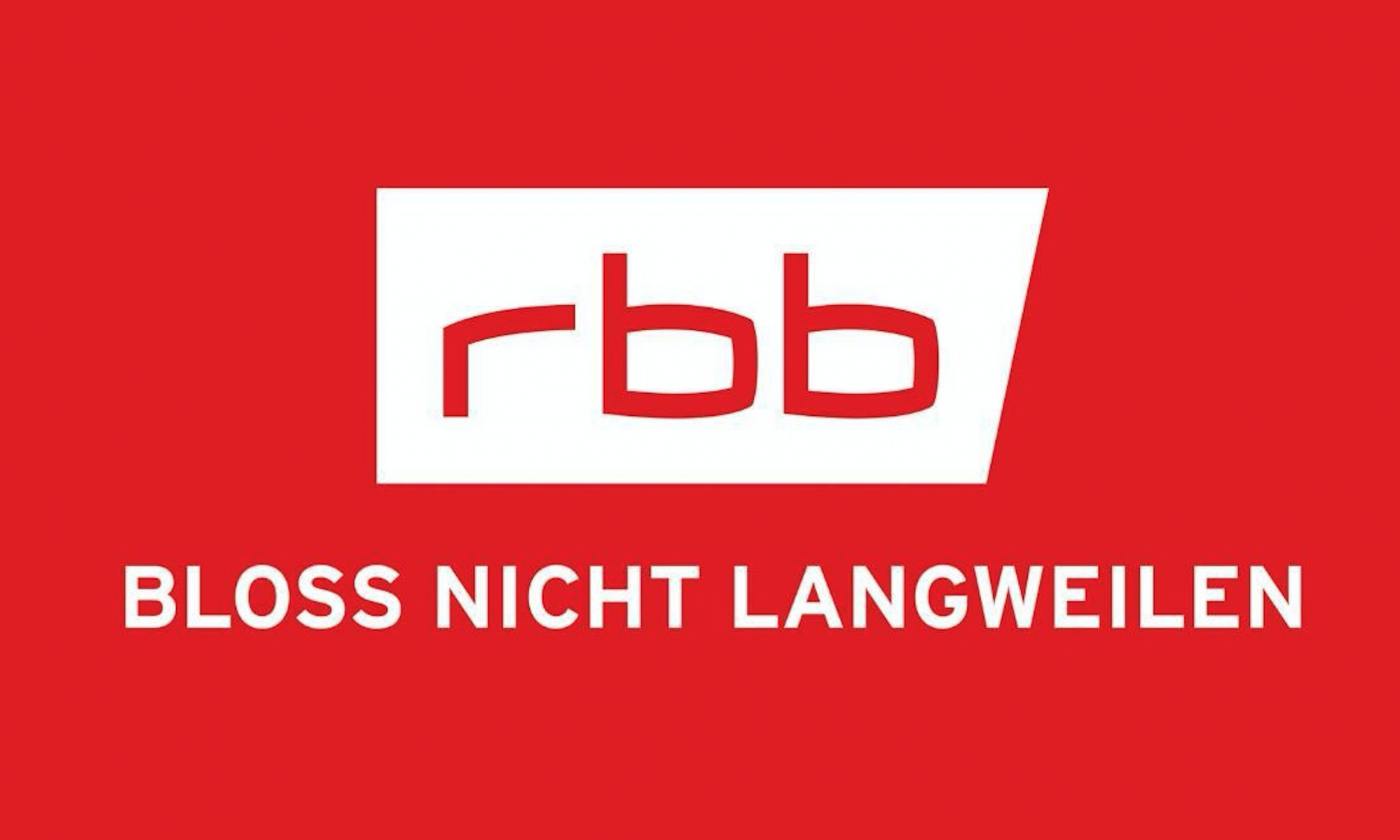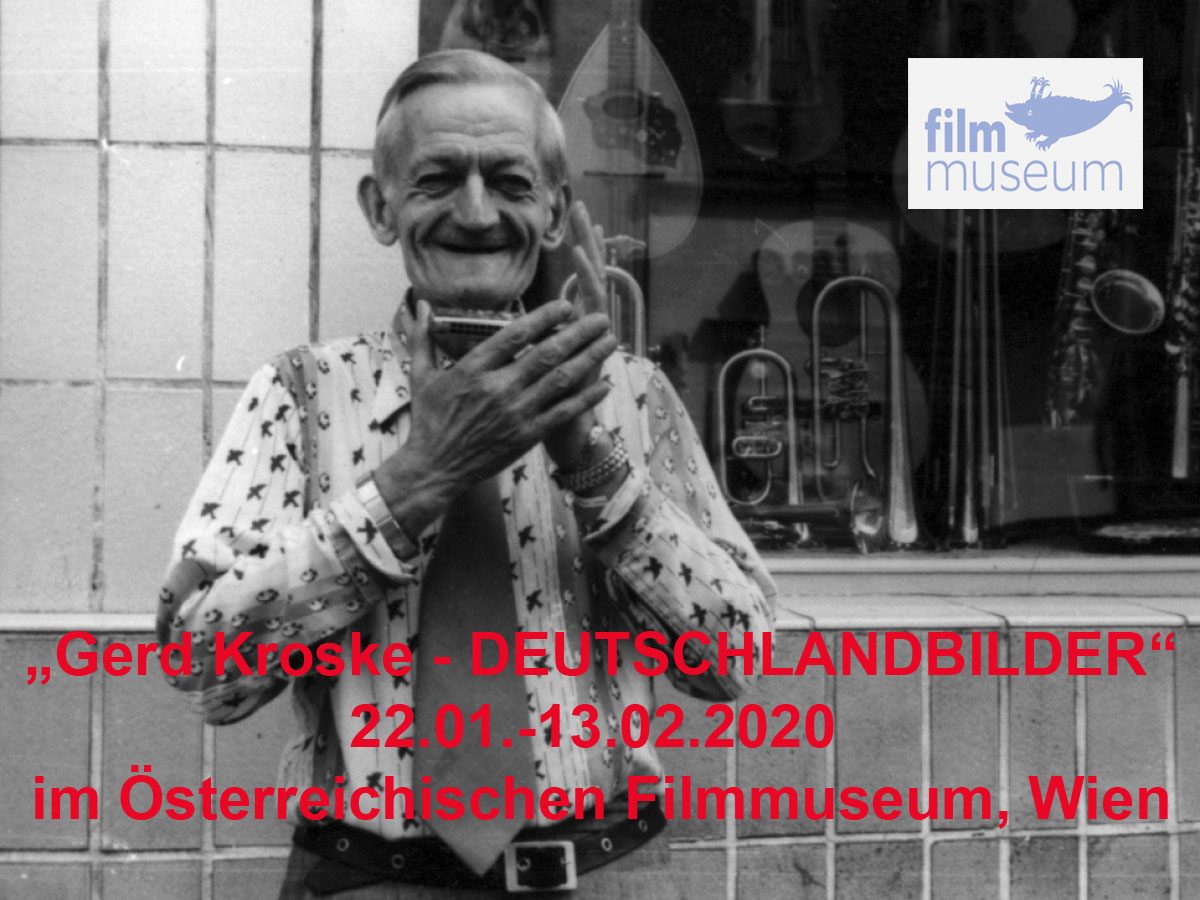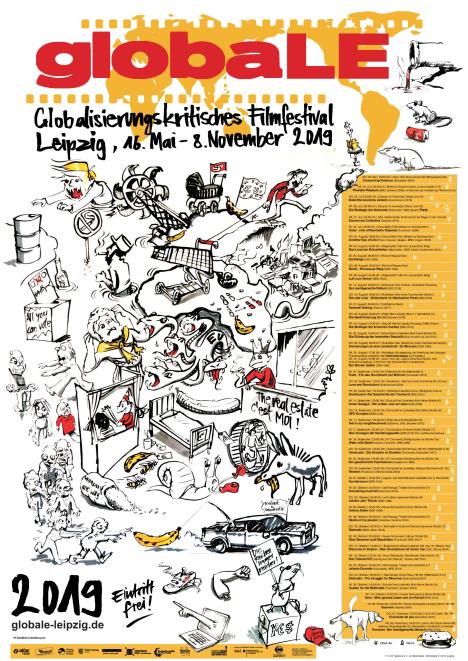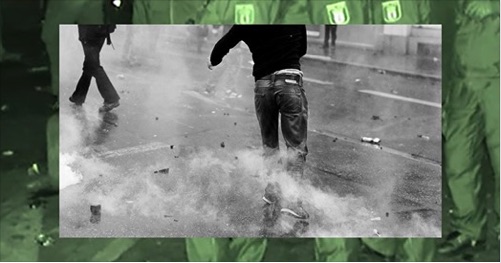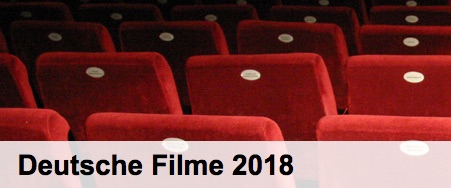German Film Office* and Anthology Film Archives present the
German Documentary Showcase. (online February 17-March 2.2021)
The German Film Office and Anthology Film Archives present a series attesting to the rich body of non-fiction films that have been produced in Germany in recent years. By no means a definitive survey, the selection nevertheless illustrates the thematic diversity, aesthetic innovation, and passionate socio-political engagement of contemporary German documentary cinema.
Film Program:
Ulrike Ottinger, Paris Calligrammes (2020, 129 min.)
Carmen Losmann, Oeconomia (2020, 89 min.)
Amel Alzakout & Khaled Abdulwahed, Purple Sea (2020, 67 min.)
Clarissa Thieme, Was bleibt | Šta ostaje | What remains / Re-visited (2020, 70 min.)
Karim Aïnouz, Central Airport THF (2018, 100 min.)
Karen Winther, Exit: Leaving Extremism Behind (2018, 85 min.)
Gerd Kroske, SPK Complex (2018, 111 min.)
Sergei Loznitsa, Victory Day (2018, 94 min.)
Info here https://www.goethe.de/prj/gfo/de/kal/ver.cfm?event_id=22106863&
The series will be streaming from February 17-March 2, with many of the films available to watch free-of-charge! online-Anmeldung here https://www.eventbrite.com/e/german-documentary-showcase-tickets-139692368635
„The selection demonstrates a wide range of documentary techniques – from the relatively straightforward but historically and culturally revelatory approach of Gerd Kroske’s SPK Complex,which deploys interviews and archival materials to uncover a little-known dimension of postwar German politics, or Karen Winther’s Exit, which delves into the experiences of former right-wing extremists struggling to free themselves from these ideologies, to the more observational style of Karim Aïnouz’s Central Airport THF (a portrait of the transformation of Berlin’s former Tempelhof Airport into a temporary facility for Middle Eastern refugees) and Sergei Loznitsa’s Victory Day (which documents the celebration of the Soviet victory over the Nazis that takes place each year at Berlin’s Treptower Park Soviet War Memorial). Clarissa Thieme’s Was bleibt | Šta ostaje | What remains / Re-visited takes a more experimental form, visiting the sites of war crimes in Bosnia and Herzegovina, displaying blow-ups of frames from Thieme’s earlier, 2010 film made in the same locations, and inviting interactions with passersby.
We’re particularly pleased to present three brand-new films in the series. Carmen Losmann’s Oeconomia represents a breathtakingly ambitious and vitally important attempt to understand and visualize the nearly impenetrable workings of the shadowy capitalist financial system that dominates the global economy in the 21st century. Purple Sea, by Amel Alzakout and Khaled Abdulwahed, is a formally rigorous yet emotionally expansive first-person account of a 2015 shipwreck off the coast of Turkey that resulted in the death of dozens of Middle-Eastern migrants. And Paris Caligrammes – which we’ll be showcasing for a special three-day online sneak preview – is the remarkable new film by the great Ulrike Ottinger (Freak Orlando; Madame X: An Absolute Ruler; Joan of Arc of Mongolia). An account of the formative period she spent in Paris in the 1960s, it is at once a deeply personal autobiographical essay and a cultural history of uncommon depth, detail, and vividness.“
Information about the Documentarys here https://www.goethe.de/prj/gfo/en/kal/ver.cfm?event_id=22106863
- The German Film Office is an initiative of the Goethe-Institut and German Films. Based in New York, we collaborate with local partners to bring the best of contemporary and repertory films from Germany to US audiences.
